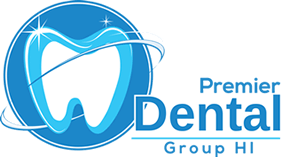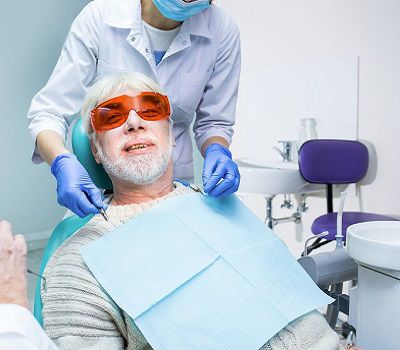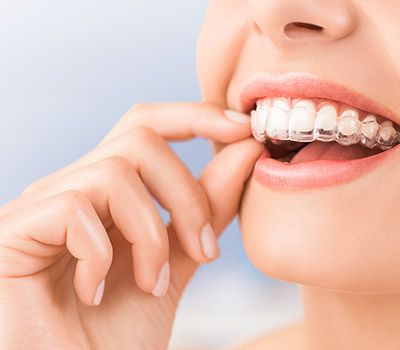Exams and Cleanings
Exams and Cleanings
Dental exams help keep one’s oral health in check and prevent any unexpected oral conditions from popping up. When it comes to preventive dentistry, dental exams are the primary means to ensure your teeth, gums, and other parts of the mouth are in perfect health. Let us look at some of the common oral exams.
Salivary diagnosis: The saliva contains a lot of constituents that can be studied to understand any oral condition that the patient is facing. Gum diseases, oral cancer, presence of any virus in the body, etc. can be determined through a salivary diagnosis.
Oral cancer screening: Dentists agree that if the presence of oral cancer is detected in the early stages, the chances of treating and curing the condition are higher. Oral cancer screening is a highly essential and crucial exam that allows the dentist to confirm the presence of cancerous cells in the patients’ mouths. If their presence is confirmed, suitable treatment can be given to cure it.
X-rays: X-ray screening allows the dentist to look for oral issues such as cracks in the teeth or jawbone, lesions, cancerous growth, root canal infection, jawbone deterioration, etc.
Bite test: Our dentists may suggest a bite test, in case you want to get any orthodontic solutions. The bite test allows the dentist to determine the type of malocclusion and its severity. Upon analyzing the data, they will be able to suggest the right treatment method to treat your condition.
Oral cleaning
Oral cleaning is the process of removing the plaque and tartar deposits from the teeth. It includes two procedures, namely scaling and root planing. They are performed on the tooth crowns and roots, respectively. We recommend our patients go for oral cleaning sessions at least once in six months so that the accumulated tartar deposits can be removed regularly. It can especially be of help to patients who are suffering from gum diseases.
How are the procedures carried out?
Scaling includes the use of an ultrasonic scaling device. The dentist uses its metal tip that vibrates at ultrasonic frequencies to dislodge the tartar deposits from the surface of the teeth. Further, the device is combined with a jet of water to wash away the debris. The procedure is quite a simple one and wouldn’t require the use of any sedatives as it doesn’t cause pain.
Root planing is similar to scaling, but the appliance used has a hook-like tip. The tip will be inserted between the tooth roots and gums, and the adhered tartar will be scraped off. Also, if the root surface is rough, it will be smoothed out so that microbes do not get deposited in them. In the case of root planing, you may be sedated using local anesthesia as the procedure could be painful.
To have a consultation with our dentists, please schedule an online appointment or call us, and we will be happy to help.









